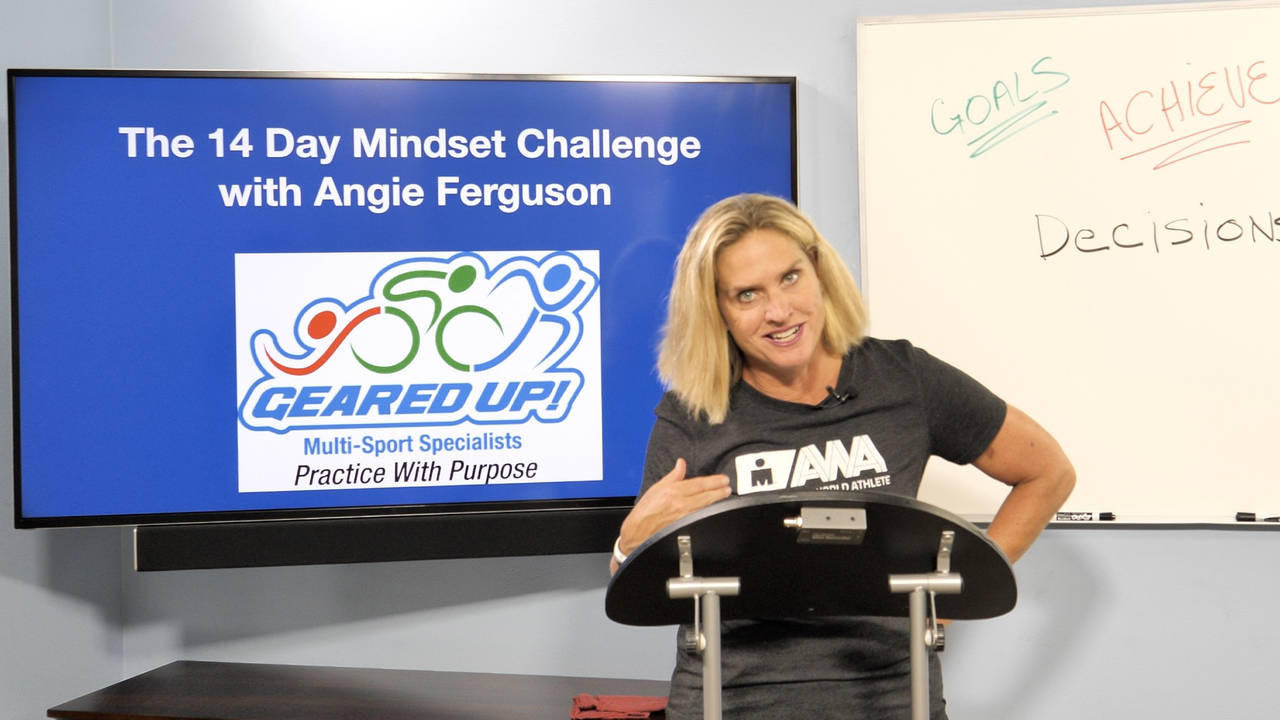Don't Underestimate the Impact of Fitness on Mental Health

Enjoy a run on the beach - Naples Beach, Naples Florida (Nov 2023). Photo Courtesy of Charly Caldwell II
As mental health continues to garner attention, finding effective strategies to improve wellbeing has become a top priority.
While therapy and medication are crucial components of mental health treatment, an often overlooked and powerful tool is exercise. Engaging in regular physical activity not only enhances physical fitness but also has a profound impact on mental well-being.
Cardiovascular exercise, characterized by activities that increase heart rate and breathing, such as running, swimming, and cycling, is widely recognized for its numerous physical health benefits.
However, its impact on mental well-being should not be underestimated.
Mood Enhancement:
Engaging in cardio exercise triggers the release of endorphins, commonly referred to as the feel-good hormones.
These chemicals interact with receptors in the brain, reducing stress, enhancing mood, and promoting an ove...
Exercise As Part Of A Holistic Approach to Health

Enjoy a gorgeous September beach run! Naples Beach, Florida. Photo Courtesy of Charly Caldwell II
We hear the term ‘holistic health’ a lot these days. This refers to processes that positively impact the mind as well as the body.
When we talk about a holistic approach to health, we might consider physical activity as one element, because we know that regular exercise positively affects the body.
However, this activity can promote dual aspects of our well-being because exercise benefits not only the physical body, but also mental and emotional well-being.
The World Health Organization describes mental health as:
“a state of well-being in which every individual realizes his or her own potential, can cope with the normal stresses of life, can work productively and fruitfully, and is able to make a contribution to her or his community”.
By this definition, it is apparent that mental health and physical health are interconnected
When we are suffering physically it can lead to depressio...
Corrective Exercises for the Mind

Enjoy a delightful walk, or run, while listening to something you find uplifting, positive & inspiring. Piedmont Park in Downtown Atlanta, July 17, 2021. Photo courtesy of Charly Caldwell II
People often use the mind and the brain in interchangeable terms.
However, they are very different.
The brain is the control center for the body. It sends and receives signals from inside and outside the body to help you act, react, and interact with the world.
From a functionality standpoint, the brain enables you to breathe, eat, sleep, move and perform daily living activities.
The mind helps oversee the brain, and establishes the quality of the messages sent from the brain to the body.
The mind processes your thoughts, feelings and emotions, which then influence the signals sent by your brain to your body.
Therefore, the health and state of your mind directly affects your performance, fitness, and overall well being.
Negative messages in the mind can elicit emotions such as sadness, anger,...
This Is Your Brain On Exercise - MORE Important NOW Than Ever!

Enjoy a medium or fast paced walk, or run, in beautiful Lakes Park in Fort Myers! Photo courtesy of Charly Caldwell II
Statistically speaking, the world health organization estimates that the number of people living with dementia is currently 47.5 million and is projected to increase to 75.6 million by 2030.
The total number of new cases of dementia each year is nearly 7.7 million, implying 1 new case every 4 seconds.
The economic burden on the US healthcare system is an estimated $604 billion annually, which will only increase as the disease becomes more prevalent.
These are certainly statistics to take note of!
Per the Alzheimer’s Association:
“Dementia is not a specific disease. It's an overall term that describes a wide range of symptoms associated with a decline in memory or other thinking skills severe enough to reduce a person's ability to perform everyday activities.”
With the increases in cases yearly coupled with the financial strain on healthcare, what can be done to slo...
Add a Little Yoga To Stay Centered

If you're in Southwest Florida, bring your yoga mat, and practice Yoga in beautiful Lakes Park in Fort Myers - you'll be happy you did! Photo courtesy of Charly Caldwell II
As I share this, we're in a lock down with the world-wide viral outbreak. Many have asked what they can to reduce anxiety, overload, and stress, and here's an easy one to help you, and those you care for and love, too - Yoga.
Yoga provides an opportunity to slow down while resetting the body and mind.
Personally, yoga is all about the connection.
The connection with your breath, your mind and your body. Considering the busy world we live in, and the multiple demands and distractions we encounter, especially at the holidays, this is a connection that we can all benefit from strengthening.
Yoga teaches us how to pace ourselves: it is a chance to learn to slow down and to connect with ourselves and explore the benefits of mindful movement.
For most of us, our world is so fast paced that we can blink and a week h...
Exercise for a Healthy Body and a Healthy Mind in 2020

Live in Southwest Florida? Enjoy the trails at Lakes Park for running, walking, and even working out at the fitness stations throughout the park. Photo courtesy of Charly Caldwell II
It’s no secret that we feel good after a workout.
We’ve all experienced it ourselves and countless research supports it. Research has also documented the benefits that exercise can have on mental wellbeing.
Mental illness is becoming one of the biggest contributors to global illness, and is a major cause of morbidity and mortality. Those who live with a mental illness are less active than their counterparts.
It seems obvious then, that fitness has a significant role to play, in terms of both prevention and enhancing quality of life.
When we break down what exercise can give do for us, beyond the aesthetic changes, it is clear to see why it is such an incredible coping strategy for persons with mental illness.
If experienced for long periods of time, loneliness and isolation can affect our mental health...
Stress: The Good and the Bad

A beautiful, stress relieving Florida sunset on Naples Beach (at 5th Ave S) on Thursday, January 23 (Thank you to Charly Caldwell II for the photo!)
Some elements of stress are good for us.
The fight or flight responses that are hard-wired into our nervous system can save our lives. The knee-jerk response of jumping out of the way of a moving vehicle, the sharp intake of breath, our hearts racing, the rush of adrenaline.
This is the rush that those who love rollercoasters, sky-diving or other such intense activities crave.
This is good stress.
Our bodies have a chance to process the increased cortisol released into our systems, and we will often feel a bit of a high afterwards. This same stress can be a great motivator to try new things and to push beyond our comfort zones.
When this same chemical reaction in our bodies turns against us, it is almost simultaneous to when we turn against it.
When our flight or fight mechanism kicks in to situations we have no outlet for.
Cancelle...
Top Performance Requires Mental Training, Too

Ask any coach what distinguishes a good athlete from a great one and they’ll tell you that great athletes are both physically and mentally trained.
In fact, mental training or the mind games we play with ourselves is one of the most overlooked aspects of a well-rounded training program.
We give the topic a lot of lip service but rarely do we actively engage in training to make us mentally stronger.
We could debate physical preparedness vs mental readiness for hours.
I believe that since we associate the physicality we are seeing when watching a sports event, we learn to train the body and ignore the mind.
I went to university on a track and field scholarship and never once did a coach or mentor mention the value of being mentally prepared.
However, learning to cognitively look at physical performance, just as you practice interval sets or tennis volley’s, will enhance your overall performance and better prepare you for whatever obstacles or challenges you may face.
Awareness.
Awar...
Help Kids Develop Fundamentals to Boost Confidence and Enjoyment in Sport

"It's a beach play day for Charly and his girls..." 🏐🏝❤️
Kids who play do better period.
They experience greater health benefits, do better socially, have higher grade point averages, higher graduation rates and more college acceptances.
Children’s participation in sports is so important that schools, municipalities and government agencies have devoted entire campaigns to its promotion. But where does it start?
Children do not automatically become proficient at sports.
Some will be naturally more adept than others, but they all need to be taught fundamental motor skills and given the opportunity to progress through appropriate development stages to be successful.
Motor skills are voluntary, learned movements made by the human body to achieve a task, such as a child twisting their body and moving their arm to throw a ball. By mastering fundamental motor skills such as a basic sprint, vertical jump, side step or leap, children will have the basic skills needed to participate i...

